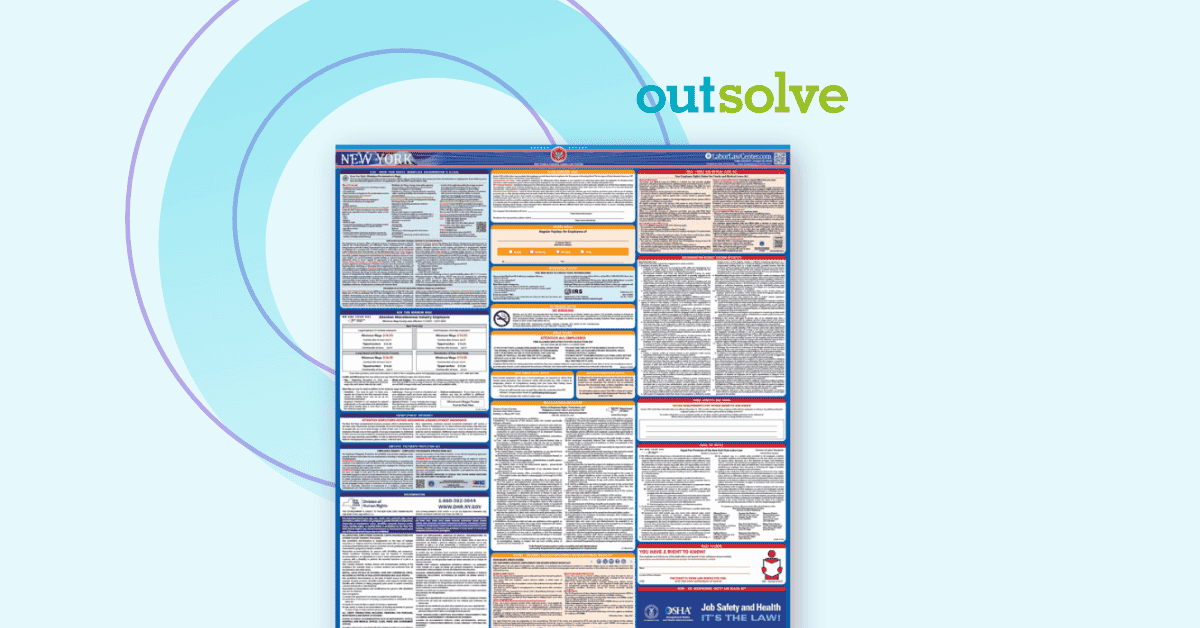The Equal Employment Opportunity Commission (EEOC) issued updated guidance to assist employers with addressing COVID-19-related issues while considering workplace bias laws, such as the Americans with Disabilities Act (ADA) and the Rehabilitation Act.
EEOC recognizes the questions that employers are facing with respect to COVID-19 testing, vaccinations, and return-to-workplace matters and has made a drastic pivot in their guidance to fit with the current phase of the pandemic. The agency has moved back to its previous pre-pandemic interpretations of laws which should help employers who are working towards re-opening offices during another COVID-19 surge.
The following is a summary of the key takeaways from the new guidance.
Workplace Testing
EEOC will return to the pre-pandemic ADA standard that requires viral testing to be job-related and consistent with business necessity, by removing the language stating that screening testing can be justified based on a direct-threat analysis. The “business necessity” standard must be consistent with the CDC, the Food and Drug Administration, as well as state and local public health authorities at the time of the testing.
Employers can no longer require antibody testing. Based on current CDC guidance, EEOC feels that since this test may not show if an employee has a current infection or is immune from COVID-19, antibody testing cannot meet the “business necessity” standard.
Return to the Workplace
Employers may request that an employee returning from a COVID-19 illness provide a note from a medical professional explaining that the person is able to safely return to work.
Employers may continue to require workers to wear personal protective equipment and observe other infection control practices but must consider accommodation requests due to a disability or religious accommodation.
Reasonable Accommodations
EEOC identifies a best practice for employers to provide information to their employees prior to returning to the office about their disability and religious reasonable accommodation process and to provide flexibility for older workers with higher COVID-19 risks.
EEOC acknowledges that pandemic-related delays in processing reasonable accommodation requests were inevitable when employers were shutting down offices and continue to be understandable to justify a delay in providing a reasonable accommodation. However, EEOC suggests that employers find interim solutions to allow the employee to keep working.
Vaccinations
Employers may continue to make COVID-19 vaccinations mandatory and require documentation of their vaccination, subject to reasonable accommodation and confidentiality requirements.
An employee’s COVID-19 vaccination status, like all medical information, must be kept confidential and separated from the employee’s personnel file.
EEOC continues to reiterate that there is no limit on the incentives, including both rewards and penalties, that an employer may provide to an employee who voluntarily receives a COVID-19 vaccination, from a health care provider not affiliated with the employer.
Workplace Screening /Job Offer Cancellations
COVID-19 screening questions can only be done when a conditional offer has been made and only if the practice is consistently applied to all candidates for the same type of work. Or an employer can screen all applicants at the pre-offer stage if everyone is screened entering the worksite.
A newly hired employee may have an offer rescinded if they test positive for COVID-19 or have been exposed and the employer needs them to begin work immediately and they would be working closely with others, either at the workplace or elsewhere.

OutSolve’s Take
Employers should review both the new EEOC guidance, as well as their existing policies and practices related to testing, screening, job offers, vaccination programs, reasonable accommodation procedures, and records retention requirements. Additionally, employers should ensure that their policies comply with other federal, state, and local laws.
Founded in 1998, OutSolve has evolved into a premier compliance-driven HR advisory firm, leveraging deep expertise to simplify complex regulatory landscapes for businesses of all sizes. With a comprehensive suite of solutions encompassing HR compliance, workforce analytics, and risk mitigation consulting, OutSolve empowers organizations to navigate the intricate world of employment regulations with confidence.
Recent Posts

New Executive Orders May Require Labor Law Poster Updates

HR Compliance Checklist: What Every HR Pro Needs to Know
Related Posts

DOL Appoints New OFCCP Director
The U.S. Department of Labor (DOL) announced their new Director of the Office of Federal Contract Compliance Programs (OFCCP) on March 24, 2025. ...

Legal Alert: Federal Court Greenlights Trump Anti-DEI Contract and Grant Certifications: This is Now Real!
OutSolve has invited John C. Fox, Esq. as a guest blogger providing legal insights on EEO and compliance issues. The views expressed in his posts are...

EEOC Issues Guidance on DEI Related Discrimination
The U.S. Equal Employment Opportunity Commission (EEOC) and the Department of Justice (DOJ) jointly issued a press release on Wednesday, March 19,...

